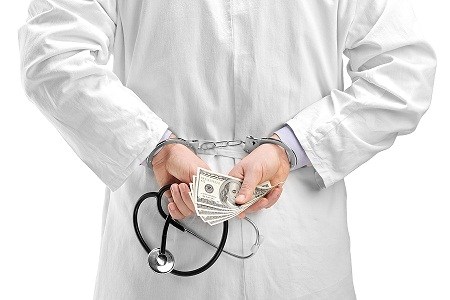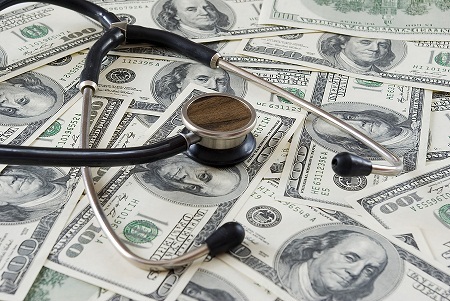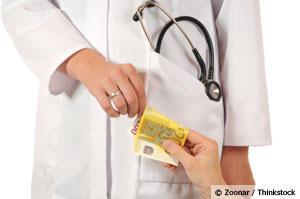Doctors Earn $3.5 Billion in Kickbacks from Pharmaceutical Companies
The federal government unveiled data detailing 4.4 million payments made to doctors and teaching hospitals by pharmaceutical and medical device companies. All told, according to officials from the Centers for Medicare and Medicaid Services, companies spent a total of $3.5 billion during that period on 546,000 individual physicians and almost 1,360 teaching hospitals. Forty percent of payments (more than 1.7 million records) did not include the names of the doctors or hospitals that received the payments; the rest did.










